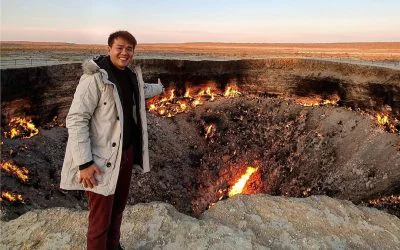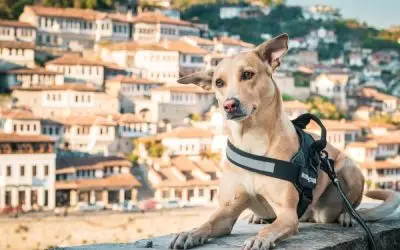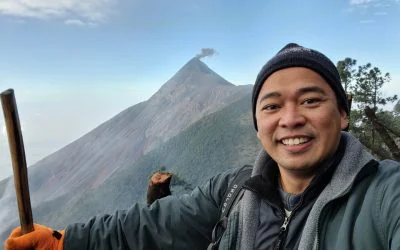Gunnar Garfors holds a number of Guinness World Records in travel and has the distinction of being the first person to visit every country in the world twice. Gunnar is a Norwegian traveler, author, media professional, public speaker and has a Wikipedia page. He is currently researching how people living alongside the equator and the arctic circle are affected by climate change.

This interview is also available in video format on our Youtube channel.
Give us an introduction to yourself as a person but also as a traveller.
I’m from a small village on the west coast of Norway. I was the oldest of seven and had to fight over everything. I guess this is probably why I started travelling, just to find my own space.
I’ve been travelling ever since I was 17. My first trip was interrailing around Europe with a friend and that gave me a lot! So, I started here and then just continued more and more, further and further to more faraway places. I realised that the more I travelled, the more I wanted to travel.
I originally completed my mission to travel to 198 countries and then 2 years later whilst working on a book about the least visited countries in the world, I sort of just fell into doing it all for the second time!
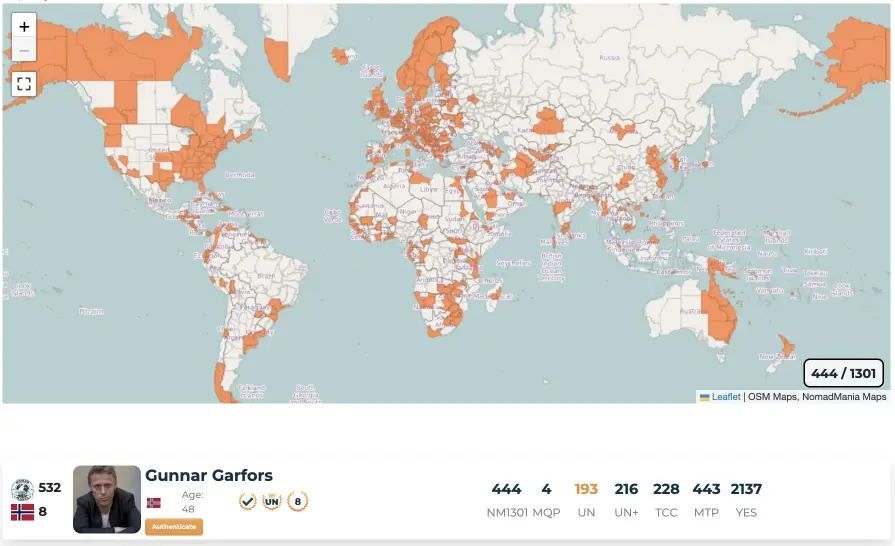
Now I’m working as an author on primarily travel books – travelling around both Norway and abroad continuing to research.
So you’ve been to every country in the world twice, how has your purpose of why you travel changed since perhaps 50 or 60 countries in?
Well, one thing about travelling to go to all these countries, or to go to every country, is that you’re setting yourself a goal – whether it is 100 countries, 150 or all of them. Once that’s done then you are just travelling back to wherever you want… unless of course you’re then going to do it twice.
Now I travel mostly for book research. Within this though, to a large extent, it is all about meeting people. It has always been a passion of mine to meet people and share food with them; to explore cultures properly and to at least get a decent insight into their cultures – this has constantly been developing since I started travelling.
It all depends on person to person, the more you see, the more you learn about the world and about yourself. I’m into more, let’s say, deeper conversations to really dig into how people are living their lives, their backgrounds, their cultures or religions and so on. This might have become more prominent now that I have to research and write books though. But really, the friendships you make… that makes it all worthwhile.

Now as an author you’re forced to document your travels in a detailed way, have you always used writing as a way of recording your journeys?
It hasn’t always been about writing, but it has always been about storytelling. In the beginning, it was more oral storytelling and sharing stories with friends and family. Then it occurred to me that, wow, there are so many incredible things, so many strange, or borderline dangerous, funny, outrageous instances that I came across; magnificent, extraordinary people that I was triggered to write it down!
From then on I always carried a notebook and a pen – very old fashioned. I would take notes all the time and then with the introduction of social media, more and more photos and videos to supplement the writing.
A lot of what I’m writing is not necessarily for immediate publication but more general information gathering and research. What I find though, importantly, is that it really helps me remember the little things that sometimes you can’t quite comprehend at the time and can go back to later, or equally things that you would forget about later. The little things… the smells, the colours, the sounds.

Would you say that being forced to pay attention to your surroundings enriches your experience of a place or journey?
It certainly makes me ponder a bit more over what I’m actually experiencing. It helps me to open my senses a bit more and I hope that ultimately it makes me appreciate the little things more.
For me, as I have said, it is all about meeting people in those places that we visit – that’s what enriches your experience of a place the most. It’s very easy to travel with someone else from your home country, or another western travel and of course you will have a great trip but often the most value and knowledge comes by making sure you’re talking to those that are from this place – they’re some of the real experts.
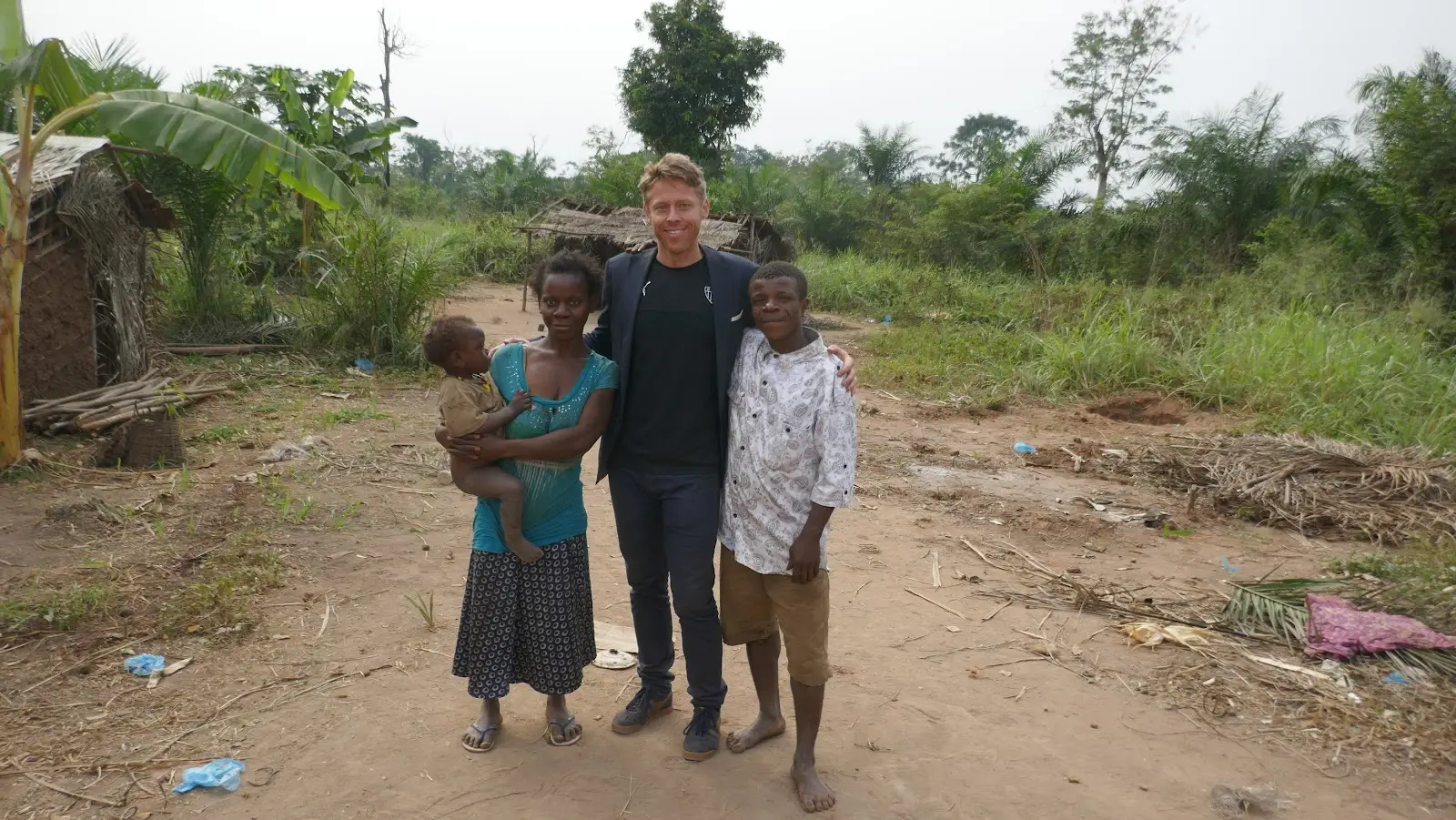
We touched on how your purpose of travel changed but has your style changed too as you have become more experienced? And why might you have made these changes?
I first set the goal of visiting every country back in 2004. At this point I was working full-time, not being a full-time traveller. Instead of asking for overtime I just took time off instead, taking holidays, long weekends, anything I could get. Needless to say, this resulted in having limited time in each of them.
The biggest change for me then was just slowing down, visiting various places in the country and taking a lot more time to get to know the people that live there. Slowing down allows you to appreciate what we’re so privileged to do.

We’re all so privileged to have passports and the money to be able to travel, so the least we can do is slow down, appreciate it and to be thankful that we’re able to do it.
My biggest regrets with my early travel is that I didn’t stay longer in each place, I was spending all my money on travel and really I should actually explore these places properly. I’m making up for those regrets now, I think.
There are always questions you get when you have travelled to every country in the world – what’s your favourite country? What’s your least favourite?
You’ve said how perhaps your purpose and style has developed and changed so I’m curious to know whether you have had a change of heart about a place and if you can tell us why?
A place always changes. There might be new buildings, a different atmosphere. Maybe people have improved in terms of their economy or finances and you can sense something has changed. It’s always interesting to go back somewhere, most of what I’ve noticed is that places are getting ‘better’.
One example is North Korea, yes it’s an outlier in every way but it had noticeably modernised quite a bit in the 9 years between my trips. People are still ‘controlled’ to put it nicely, but you could see that in Pyongyang there had been a lot of development – outside the capital, it was like time had stood still. I don’t know if this is a good or bad thing with North Korea but there were lots of building developments, lots of people on the streets, it seemed like they had a more ‘western’ lifestyle.

Another example is one of the smallest countries in the world, Nauru. They’re opening up a lot more recently. They won’t become a mainstream tourist attraction for many, many reasons but it seems like they’re seeing the benefits of getting more people. So you see changes in this regard but also they have been housing refugees on behalf of the Australians. On one side, they want to open up and on the other side, they are accepting hiding people away.
With regards to ‘favourite country’ and ‘least favourite’ country though – typically when people ask you this they will have one themselves – “You know, my favourite country is Italy or France or Paraguay”. I think it’s very speculative to make these kinds of lists because you may have spent a few days there, maybe you were robbed, had food poisoning and that made you feel a certain way at that time.
Maybe you were there in the wrong season or during an economic downturn and it’s been 10 years since you visited that country. This combined with the fact that there are so many amazing countries, regions, the rest of it – the answers can never be very objective and should never be used to decide where someone else’s dream holiday destination should be.
It is Sustainable Travel Month after all – when travelling, what catches your eye with regards to environmental, social, cultural issues that you try to influence?
The environment is one way to look at it but I’m mostly keeping an eye on the people who are running things. For example hotels, international chains, local hotels and restaurants. I try to spend my money in locally run establishments where the money will remain there. I’m often voting with my wallet if you like, making conscious decisions to support local businesses.

Of course with regards to travel style I have to take responsibility for the amount of flying I have done. Now, travelling slower, I’m using lots more public transport. Public transport is great for various reasons, it’s a great way to get in touch with local people but again you’re contributing to the local economy by paying a local bus driver, buying food en-route, and staying overnight in local hotels.
With regards to sustainability, it’s also worth mentioning the popular Swedish expression ‘Flyskam’ – which means the shame that should be carried with travelling by plane. I think just focussing on this one sector is counterproductive. Flying of course does contribute a lot to carbon pollution but it’s so easy to point to travellers and say all of this is your fault. It’s no good advocating for less travel and doing nothing else. To have real impact we have to look at every industry and make cuts across the board. We should not just put an end to all travel but instead find ways to cut travel by 20, 30, 40% and do the same with everything else too.
Shaming people has never worked, whether it’s having children out of wedlock, belonging to one religion or another, or saying the world is flat or round or whatever, shaming is not going to help us here. We just need to take responsibility for everything we do in our lives and try to lead it more sustainably – travelling and aviation will not be a silver bullet solution.
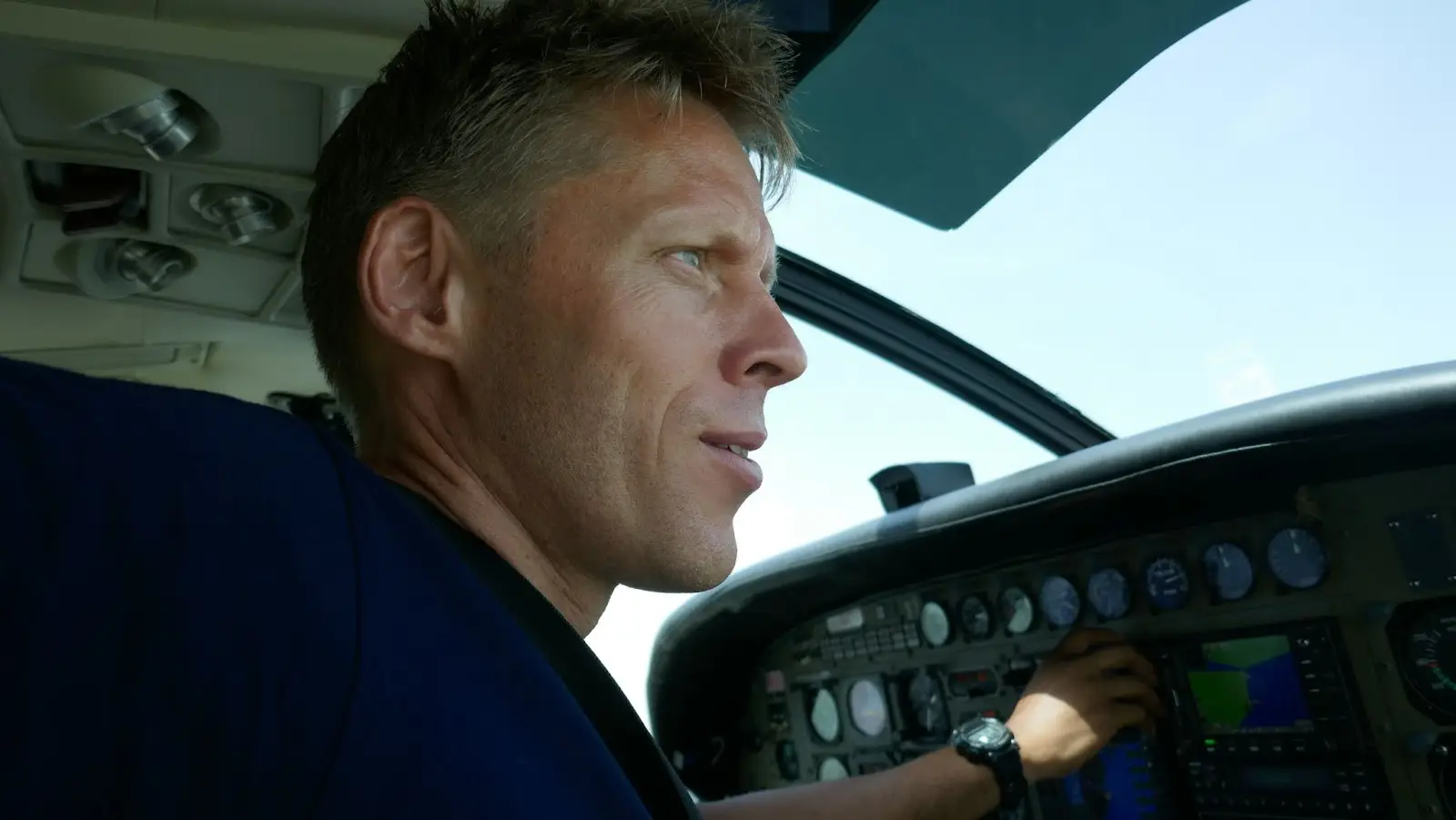
Looking more broadly, how could people start to adopt sustainable travel practices?
It’s all about making conscious decisions with the way you travel: modes of transport; how you spend your money; the speed you travel. Travel doesn’t even need to be to far flung destinations, it is as much about exploring your home country or home region or neighbouring country.
During the pandemic I was working on a big project covering 13 countries around the equator which had to be postponed. Instead, I decided to travel around Norway to write a book called ‘Beyond the beaten track’ trying to inspire people to travel differently in Norway and to not race after all the same sites as everyone else who say the same cool photo on Instagram but instead to discover so many of the other beautiful sites, villages, fjords and mountains – helping to take the load of those places that are suffering with overtourism.
Let’s try to be leaders instead of followers. Let’s not race after those top sights we see on social media. Maybe in this way we can inspire people to think differently and travel differently to have the biggest impact on all the communities we visit.

With the last question in mind, how do you foresee the travel industry 20 years from now?
The climate is indeed changing, islands are disappearing already and in years to come we will have lost a lot more. I think we will travel more locally, a bit slower and that we will be spending more time on each trip and maybe overlanding more.
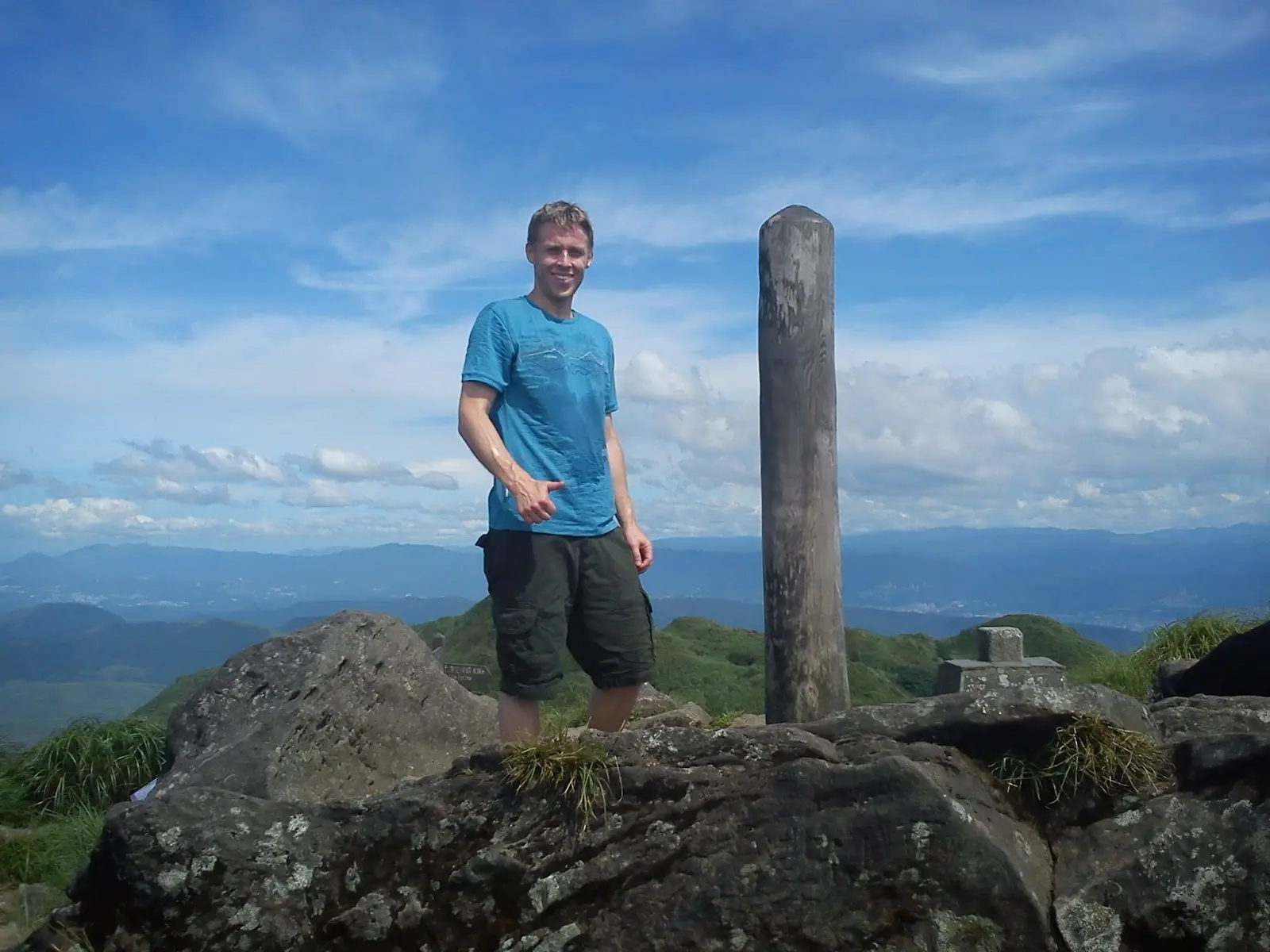
At the same time, we’re already seeing the aviation industry working to cut their emissions. So, I think if we all act together, we will see a lot of small steps that all together will contribute to a much bigger step.
Right. Let’s go for the final NomadMania question, the signature question. And if you can invite any four people from any period in human history to dinner, who would your guests be and why?
1. I have to start a bit patriotic here and go for some travel related to ‘Live Ericsson’. Live, a viking, was the first outsider to discover North America about a thousand years ago after his father settled in Greenland around 986 AD. Eriksson’s father too mastered marketing in the early days.
He made some settlements in Greenland but no one wanted to come because it’s only ice and too bloody cold. What did he do? Well, he named Greenland “Greenland” to lure more people to come because it sounded less inhospitable. The reason I say this guy is because he travelled to so many places on his Viking ship, the UK, Iceland, Greenland and North America. We should focus on this guy rather than Christopher Columbus because he was a nasty person.
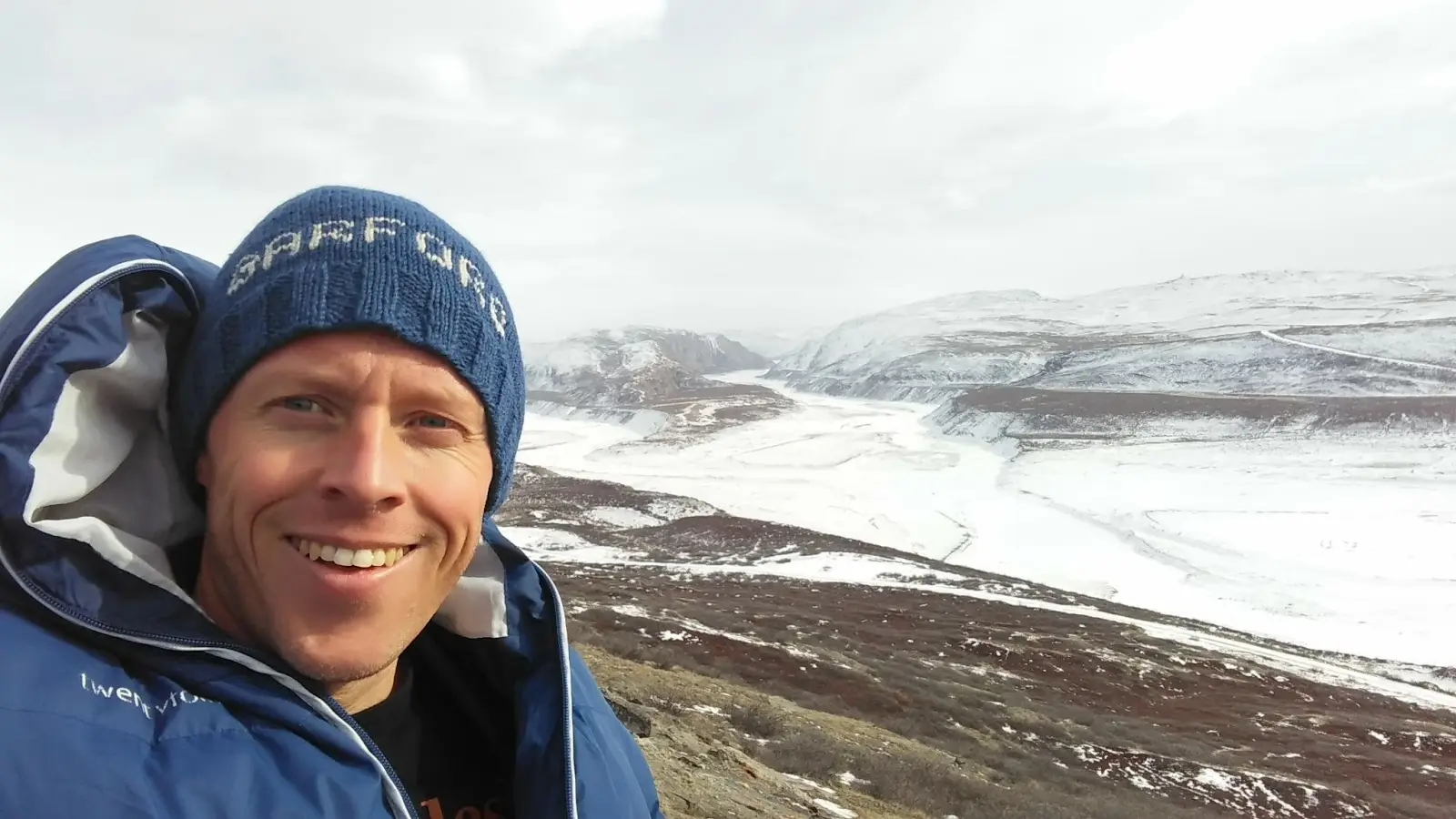
2. Another person who inspired me a lot was Jules Verne, author of ‘Around the World in 80 Days’. I remember as a kid reading everything he wrote, it was so exciting and it really inspired me to travel.
3. Trying to diversify my crowd, my last two are less related to travel. We have Marie Curie, a double Nobel Prize winner – she really made a lot of progress in medicine back in the days.
4. A lady called Hedy Lemarr. She was originally an actress but was very very smart and contributed to various innovations for radio transmissions. Thanks to her we have Bluetooth, Wi-Fi and so on. She’s not a very well-known person but I’m very impressed with what she managed to do!

